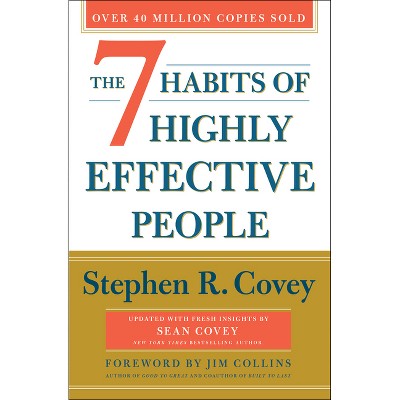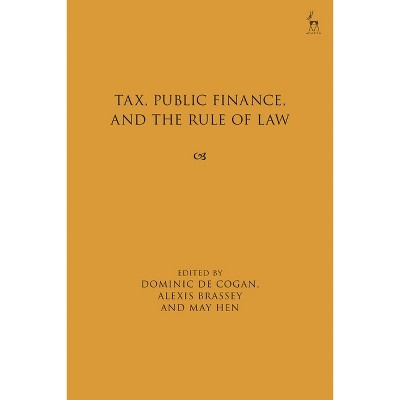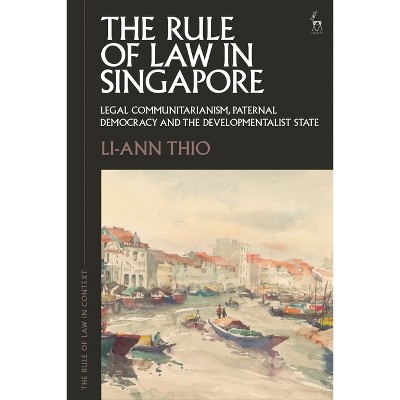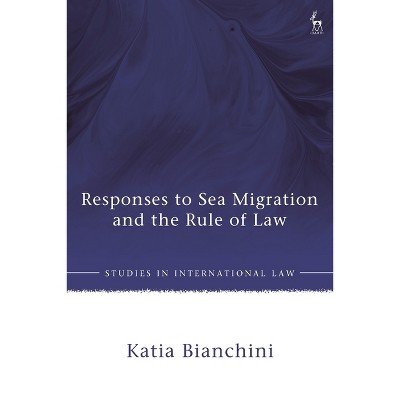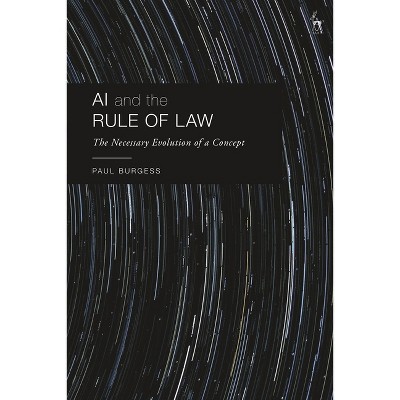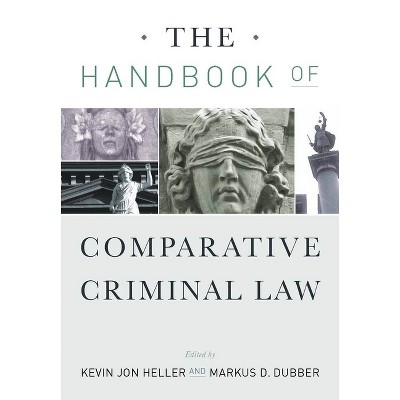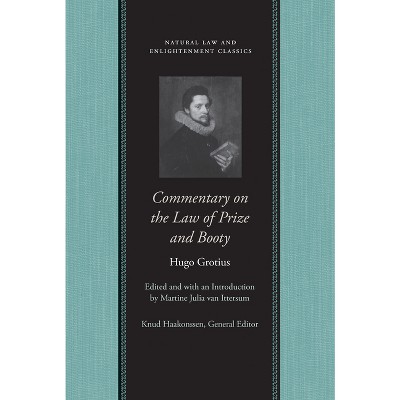About this item
Highlights
- Through critical analysis of key concepts and measures of the rule of law, this book shows that the choice of definitions and measures affects descriptive and explanatory findings about nomocracy.
- About the Author: Jørgen Møller has a PhD from the European University Institute in Florence, Italy and is currently a Professor at the Department of Political Science, Aarhus University, Denmark.
- 198 Pages
- Freedom + Security / Law Enforcement, Comparative
Description
Book Synopsis
Through critical analysis of key concepts and measures of the rule of law, this book shows that the choice of definitions and measures affects descriptive and explanatory findings about nomocracy. It argues a constitutionalist legacy from centuries ago explains why European civilizations display higher adherence to rule of law than other countries.About the Author
Jørgen Møller has a PhD from the European University Institute in Florence, Italy and is currently a Professor at the Department of Political Science, Aarhus University, Denmark. His research interests include conceptualization of democracy, post-communist political change, patterns of democratization and democratic stability, patterns of state formation, and comparative methodology.
Svend-Erik Skaaning has a PhD from Aarhus University and is currently a Professor at the Department of Political Science, Aarhus University, Denmark. His research interests include conceptualization, measurement, and explanation of democracy and human rights and comparative methodology. Skaaning is currently involved in two major research projects- DEDERE and V-Dem.




